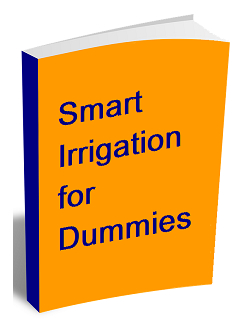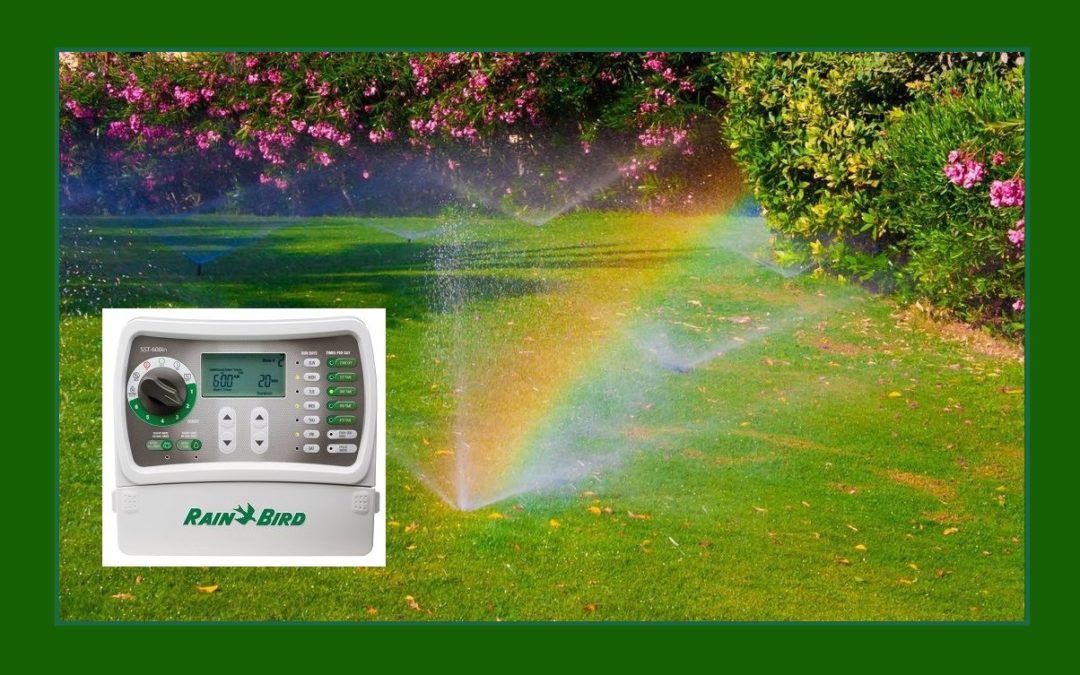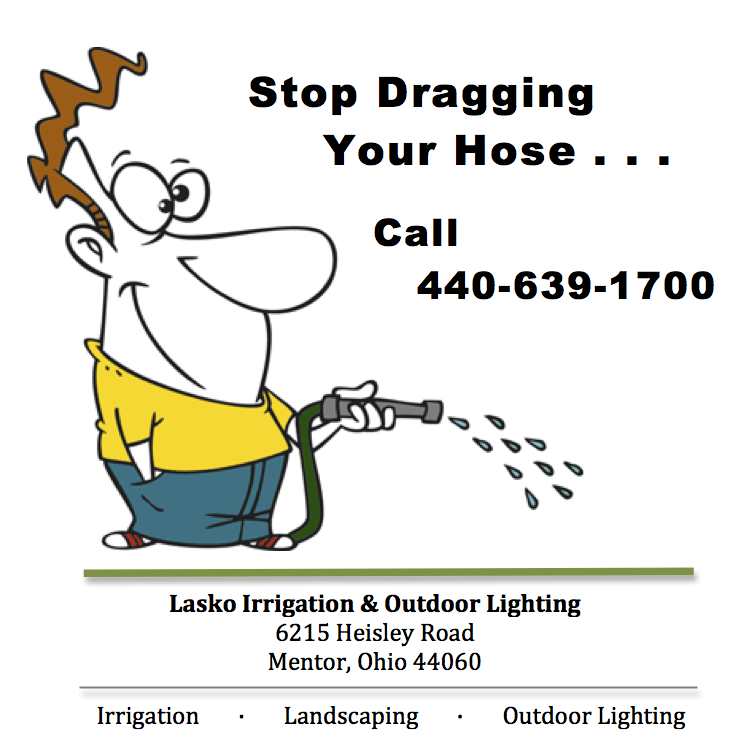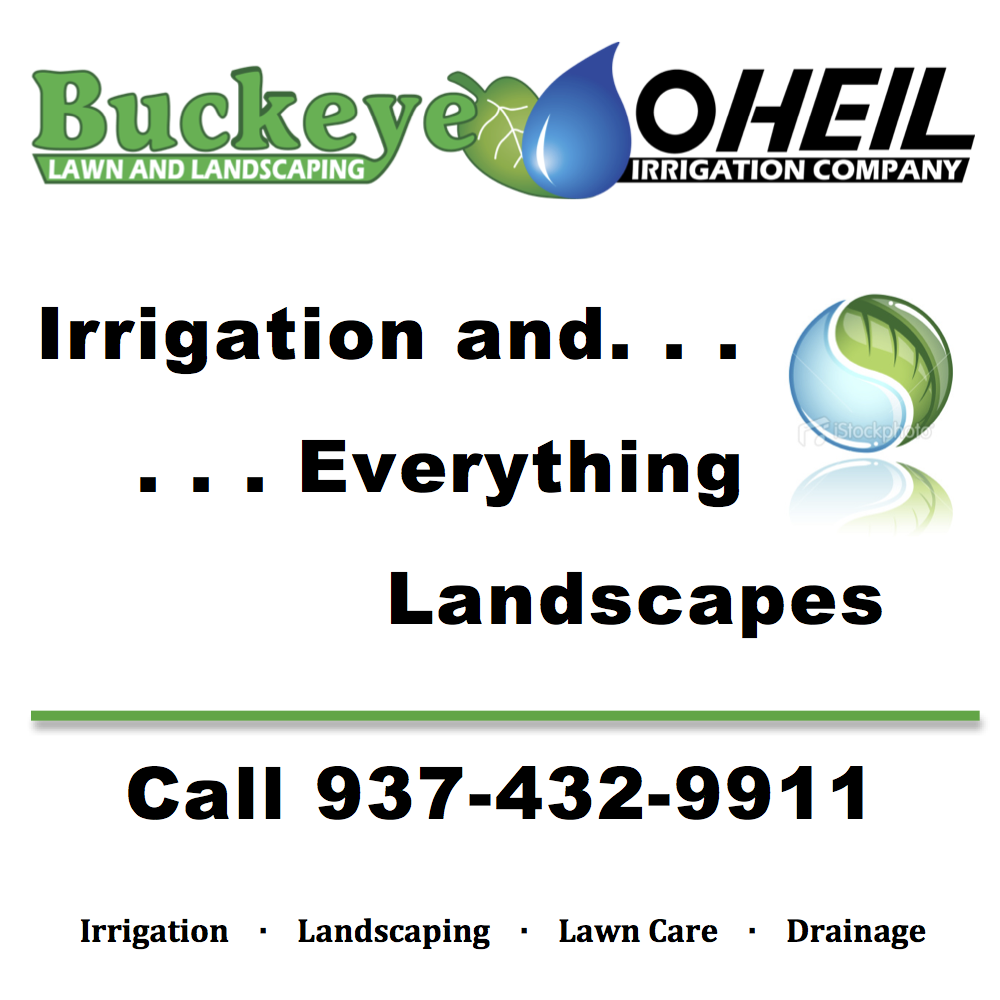Are Your Customers Still Using Standard Irrigation Timers?
Smart technology may be everywhere, but irrigation contractors know that standard, old-school irrigation timers are still very much out there.
These basic clock timers are still being manufactured, installed and maintained—so they’re not going anywhere soon. According to Rick Arena, a training manager at SiteOne in North Carolina, “Probably 75% or more of all controllers sold right now are still the old style.”
And while they’re not capable of making any complicated decisions, for certain applications, these “old timers” are actually better suited.

How to Get Smarter
Just about every “dumb” irrigation controller made in the last decade or two includes sensor terminals for connecting to a rain or soil-moisture sensor.
Numerous add-on devices are available, such as:
Hunter’s Rain-Clik, Mini-Clik, Freeze-Clik, Soil-Clik and Mini-Weather Station devices, which will work with virtually any controller.
Rain Bird offers a LNK Wi-Fi module for weather-based water management, which can be plugged into any of their ESP-TM2 and ESP-Me Series controllers that were manufactured after Nov. 2, 2016. For Rain Bird controllers made before that date, a Wi-Fi-compatible replacement panel can be installed.
ETwater from Jain offers a retrofit smart controller which can be attached in less than 10 minutes and is compatible with all irrigation controller brands.
Keep It Coming
A perfect example is a new lawn, whether sod or seed. With standard irrigation timers, the water is applied at regular intervals with no exceptions. Which is what you want with new turf: frequent, short bursts of water for at least 30 days, until the grass takes root.
In fact, standard timers are often installed (at least temporarily) to maintain curb appeal for newly built homes.
Paradign Shift
Another reason standard timers are still in demand is their simplicity. As it turns out, not every homeowner wants an irrigation controller that uses ET data, local weather forecasts or various sensors for its watering schedule.
Rain Bird product manager James Harris explains it this way: “New technology like smart controllers always has an adoption curve, and not everyone is ready to adopt it at the same time.”
Particularly for some older homeowners, a smart controller may as well be speaking a foreign language. They can be baffled by all the settings. And they’re not interested in investing their time learning to set up and use the latest technology. Millennials, on the other hand, naturally gravitate toward and embrace technological advances. As this younger demographic continue to purchase homes, the demand for smart controllers will likely increase.
–Article Continues Below–

This required paradigm shift applies to contractors, as well. Ramzi White is a SiteOne key account manager in Texas. He says the standard Hunter or Rain Bird clock timers are still his best sellers. In fact, many contractors in his area don’t really even know what a smart controller is.
Know Your Customer
As an irrigation contractor, the decision to offer smart technology to your clientele often comes down to knowing the customer. A 70-year-old who’s just learning how to email and text is probably not a good prospect for a smart controller. Some younger people may also prefer to have fewer bells and whistles.
But generally speaking, homeowners in their mid-40s or younger, who’ve essentially grown up with technology, enjoy integrating new gadgets into their homes. For them, smart controllers can be a very easy sell.
Sources:
Featured Image: Adobe, License Granted
Irrigation & Green Industry
Jain USA
Rain Bird






